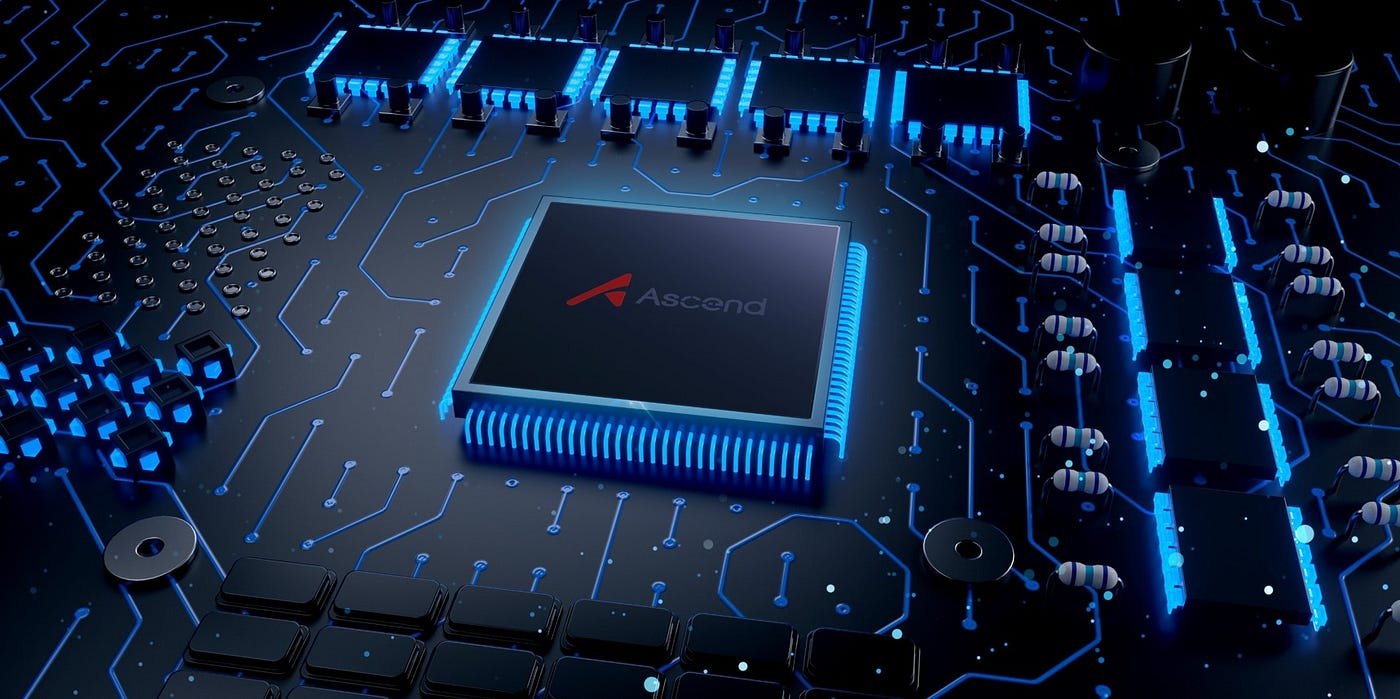Huawei’s new Ascend 910B AI chip has emerged as a formidable competitor to Nvidia’s A100, sparking both technological and geopolitical debates. The chip’s impressive performance and Huawei’s growing influence in the Chinese AI market have raised concerns among US lawmakers, leading to increased trade restrictions and revoked export licenses for American chip suppliers.
Ascend 910B Performance
The Ascend 910B boasts impressive performance, achieving 80% of Nvidia’s A100 efficiency when training large language models and surpassing it by around 20% in other tests, according to a Huawei executive. Despite the technological challenges faced by Chinese manufacturers in producing high-performance AI chips using older systems, Huawei’s Ascend 910B and Kunpeng chips have emerged as viable alternatives for domestic AI applications. While Huawei’s best chips may still lag behind Nvidia’s latest GPUs technologically, the company’s AI strategy and adaptations to the domestic market pose significant competition to Nvidia within China.
US Geopolitical Tensions
The unveiling of Huawei’s AI-enabled MateBook X Pro laptop, powered by an Intel chip, has drawn criticism from US Republican lawmakers. They accused the Biden administration of undermining national security by allowing Huawei access to cutting-edge American technology, despite the company being on the US trade restriction list since 2019.
- Representative Elise Stefanik expressed concerns that the laptop’s announcement suggested the Commerce Department had approved shipments of the new chip to Huawei, which she deemed “unacceptable.”
- The US government has revoked export licenses for select processors from Intel and Qualcomm, preventing them from supplying Huawei and further restricting China’s access to advanced processors.
Challenges from US Sanctions
Huawei faces significant challenges due to US sanctions, which have restricted its access to essential components and advanced manufacturing tools. The US has revoked export licenses for select processors from Intel and Qualcomm, further complicating Huawei’s ability to produce high-performance AI chips.
- This move is part of a broader effort by the US to limit China’s access to advanced processors and maintain a technological edge.
- Despite advancements, Huawei’s best chips are still technologically inferior to Nvidia’s latest GPUs, and the company must navigate ongoing constraints imposed by US sanctions.






